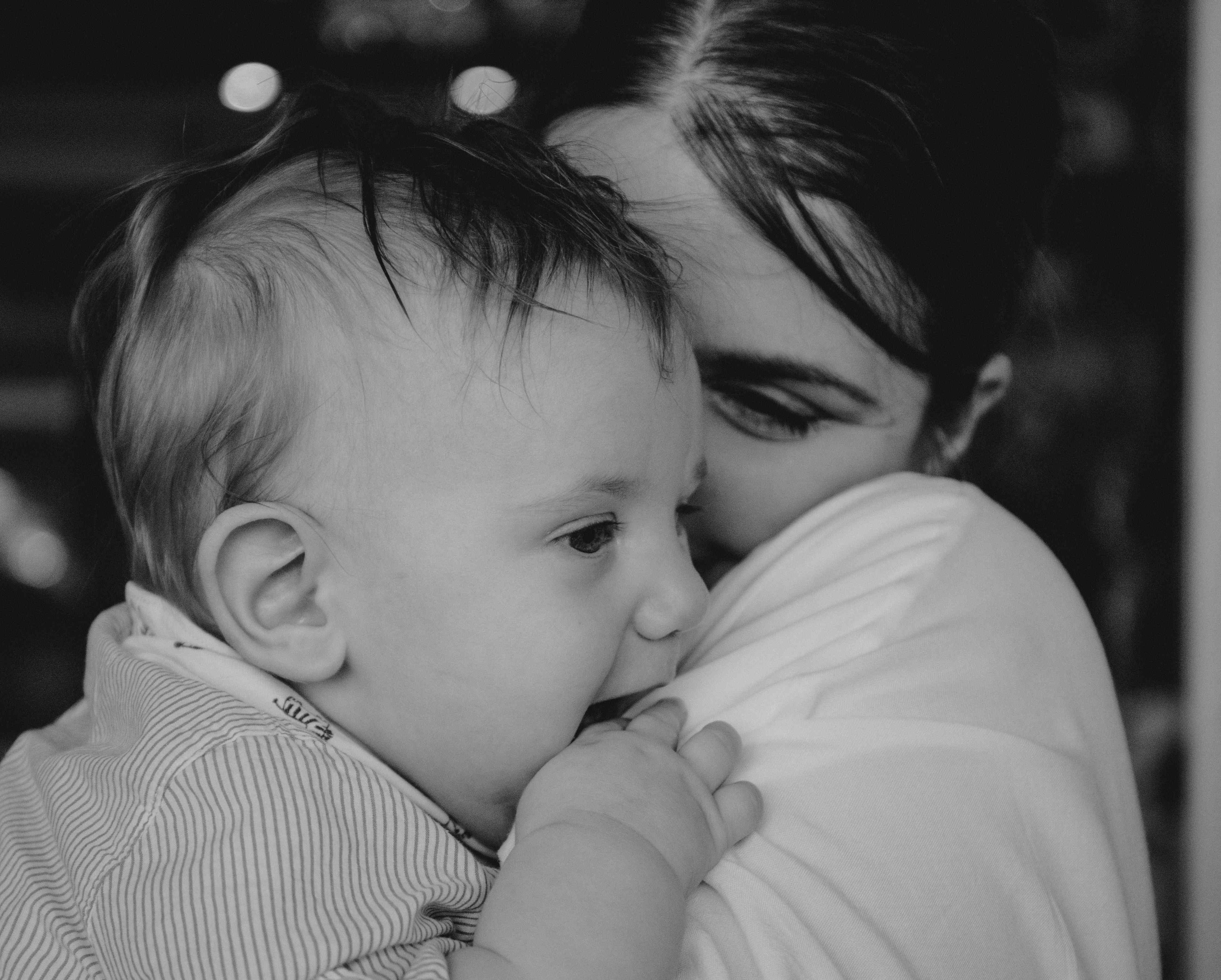(Secular Pro-Life) The U.S. Supreme Court traditionally releases its major opinions in the month of June. We have already seen blockbuster rulings on LGBT employment discrimination and DACA. Next up: June Medical Services v. Russo, which will determine the fate of a Louisiana law requiring abortionists to have admitting privileges at a hospital within 30 miles of their practice.
The common-sense, bipartisan law was spearheaded by then-state representative (now state senator) Katrina Jackson (pictured), a Democrat. It is not a direct challenge to Roe v. Wade. Instead, it seeks to harness the power of existing medical institutions to identify and stop abortionists who are especially dangerous to women. As pro-choice author William Saletan noted years ago in his chilling Back Alley series, the medical community knows full well who these shoddy abortionists are and quietly declines to work with them — but historically, they have refused to speak up for political reasons. Admitting privileges requirements make these "open secrets" truly open, and force the abortion lobby to live up to the "safe" part of its empty motto.

Louisiana State Senate
Side note: Any news coverage of this case that fails to mention Kevin Work is sham journalism. He's exactly the type of abortionist that Louisiana's law is meant to address. Read more about him here.
[Click here to subscribe to Pregnancy Help News!]
Louisiana's law is similar to the Texas law that the Supreme Court tragically struck down in Whole Woman's Health v. Hellerstedt, although the Fifth Circuit Court of Appeals noted some differences when it upheld Louisiana's law in 2018. Pro-life advocates were horrified by Hellerstedt, which prioritized abortion access and industry profits over women's safety. Hellerstedt was a 5-3 decision, when the Court had only eight Justices due to the death of Justice Scalia. (The three in the minority were Chief Justice Roberts and Justices Thomas and Alito.) Since then, pro-abortion Justice Kennedy has retired, and Justices Gorsuch and Kavanaugh — widely believed to support the right to life — have joined the Court.
Here are the possible outcomes to watch for in Russo, from worst to best:
- The Supreme Court strikes down Louisiana's law. This would mean that at least one of the Justices believed to be an anti-abortion vote is not, and that pro-life groups have received little in return for their decades of putting up with the Republican Party. If this happens, expect absolute chaos to ensue.
- The Supreme Court upholds Louisiana's law without overturning Hellerstedt. This would essentially ratify the Fifth Circuit's approach. Lower courts would be instructed to consider other states' admitting privileges laws on a case-by-case basis, depending on such factors as the number of abortionists in the state and what criteria the state's hospitals use to grant or deny admitting privileges.
- The Supreme Court upholds Louisiana's law, recognizes its past mistake, and reverses Hellerstedt. This would be a victory for women's health and babies' lives.
- The Supreme Court finds that the plaintiffs lack standing. This is a long shot, so don't get your hopes up, but a decision on the basis of standing would be huge. The legal concept of standing means that a person can't sue merely because they dislike a law; they have to have a certain level of direct involvement. To give an obvious example, the plaintiffs in the LGBT employment discrimination cases decided earlier this month were, not surprisingly, LGBT people whose employers discriminated against them. In Russo, the plaintiffs are arguing that Louisiana's law unduly burdens women's right to an abortion — but the plaintiffs in Russo aren't women, much less pregnant mothers seeking abortions and facing legal burdens. The Russo plaintiffs are abortion companies whose hired abortionists don't have admitting privileges. Although many past cases have involved abortion companies legally standing in for abortion-seeking mothers (e.g. Planned Parenthood v. Casey and Hellerstedt), allowing that type of substitute standing in a safety regulations case creates a serious conflict of interest. Women's desire to obtain the best possible care and avoid quacks like Kevin Work is directly at odds with abortion vendors' desire to cut costs. If the Supreme Court finally expresses some long-overdue skepticism at the idea that abortion businesses represent women's interests, our legal system could finally escape, or at least reduce, the influence of abortion industry money.
Tweet This: The plaintiffs in Russo aren't women - They are abortion companies whose hired abortionists don't have admitting privileges.
Dr. Michael New of the Charlotte Lozier Institute puts it best:
No decision today on June Medical Services v. Russo
— Michael New (@Michael_J_New) June 18, 2020
Fasten your seat belt and make sure your tray table is in its upright and locked position -- next week might be a wild week.#ProLife
Editor's Note: This article was published by Secular Pro-Life Perspectives and is reprinted with permission.





